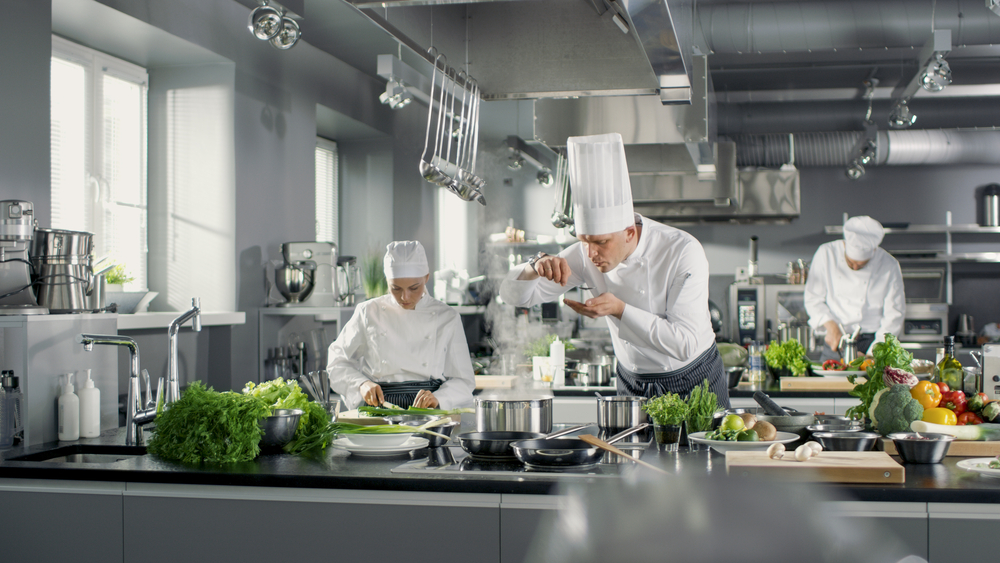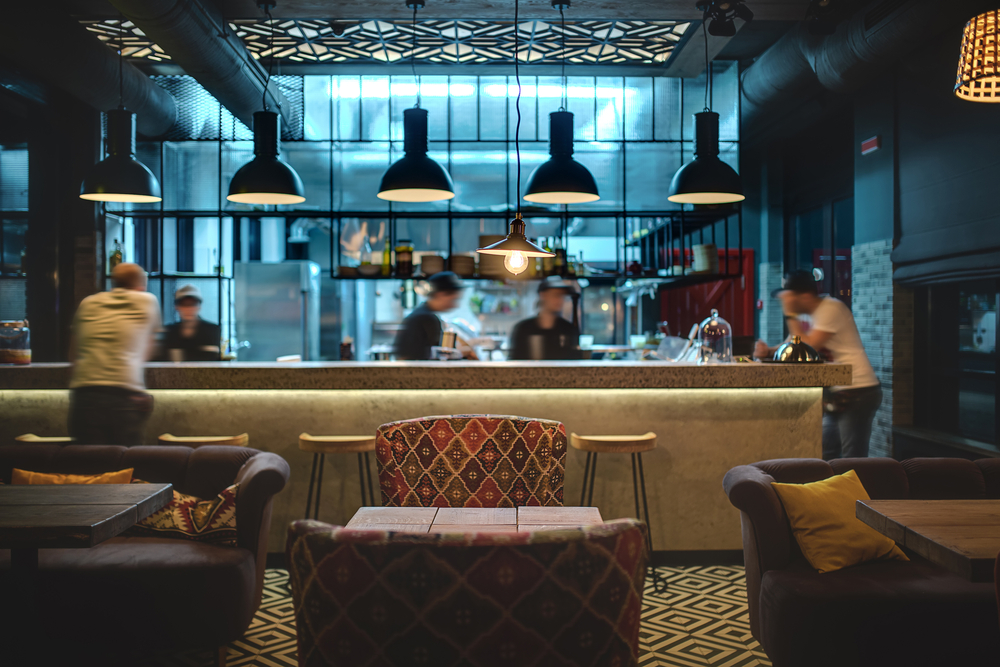
Property Insurance: Consider coverage for high-end furnishings, art, and interior decor. Liability Insurance: Emphasize coverage for potential foodborne illnesses or injuries due to the upscale environment. Business Interruption Insurance: Account for potential revenue losses during renovations or closures.
General Liability Insurance: Focus on slip-and-fall protection due to high customer turnover. Workers' Compensation: Address the risk of repetitive stress injuries from fast-paced work environments. Property Insurance: Ensure coverage for specialized equipment like fryers and ovens.
Business Interruption Insurance: Consider coverage for potential interruptions due to equipment failure or utility outages. Product Liability Insurance: Account for risks related to food and beverage products, such as allergies or contamination. Cyber Liability Insurance: Protect against potential data breaches, mainly if you handle customer payment information online.
Product Liability Insurance: Address risks associated with unique ingredients or cooking methods. Cultural Sensitivity Training: Consider employee training to reduce the risk of cultural misunderstandings leading to disputes. Insurance for Unique Exposures: Identify and cover specific risks associated with the type of cuisine served.
Commercial Auto Insurance: Prioritize coverage for the mobile nature of your business and potential accidents on the road. Equipment Insurance: Cover specialized cooking and refrigeration equipment on the truck. Liability Insurance: Address risks associated with serving food in public spaces.
Food Spoilage Coverage: Protect against the risk of large-scale food spoilage, which can result in substantial financial losses. Liability Insurance: Address risks associated with self-service, such as slip-and-fall accidents or foodborne illnesses. Property Insurance: Covers the unique challenges of maintaining multiple serving stations and equipment.
Liquor Liability Insurance: Essential for businesses serving alcohol to protect against liabilities related to intoxicated customers. Assault and Battery Coverage: Consider coverage for incidents in the nightlife environment. Property Insurance: Cover potential damages to entertainment equipment or fixtures.
General Liability Insurance: Protect against potential customer injuries or illnesses. Property Insurance: Cover high-end furnishings and kitchen equipment. Business Interruption Insurance: Address potential revenue losses during closures for renovations or other reasons.

Get A Free Quote Today!